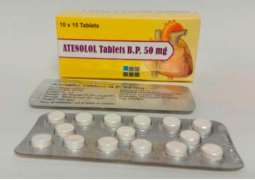West Coast Region last Thursday commemorated World Aids day in Brikama.
Organised by the Regional HIV/AIDS Committee, the event was attended by a cross-section of people in the region.
In his address at the celebration, Lamin Sanneh, Governor of West Coast Region, reaffirmed government’s commitment in fighting HIV/AIDS.
"The Gambia Government will continue to lead the national fight against HIV/AIDS in a comprehensive multi-sectoral manner and protect the rights of the people living with the virus," he said.
Governor Sanneh said the Gambia government under President Jammeh is acting on her promise made at the 2006 United Nations High level meeting on HIV/ AIDS, which is: "To scale up towards universal access to HIV prevention, treatment, care, and support by 2010," he said, adding: “In our drive to achieve access, government will ensure that everyone that needs HIV prevention, treatment, care and support will have it. This will be in the form of access to condoms, clean blood supply, or the drugs that would prevent pregnant women from infecting their unborn babies, or during breastfeeding.”
The governor also said the Gambia government would also ensure those struggling with AIDS receive all the attention and services they need in terms of care and support.
"In our efforts to realising MDG 6, to halt and reverse the spread of the epidemic by 2015, government will continue to propagate the right environment that will create greater access to HIV prevention services and AIDS treatment, care and support," the governor says.
He however acknowledges that "besides the significant advances in the response to HIV, there is still a window of opportunity for improvement which can best be achieved when there is a continued strong and committed leadership".
Deputising the director of the National Aids Secretariat (NAS), the programme adviser of NAS, Ousman Njie, says the protection of human rights is fundamental to combating the global HIV and AIDS epidemic.
He added that violations against human rights fuel the spread of HIV, putting marginalised groups at a higher risk of infection.


